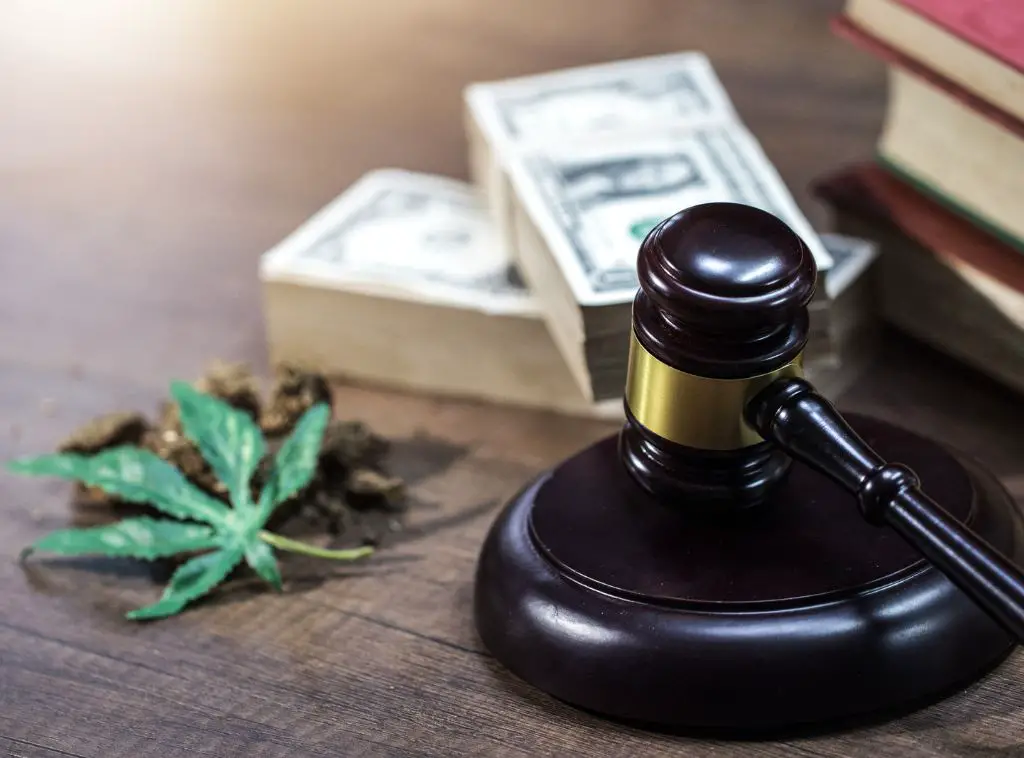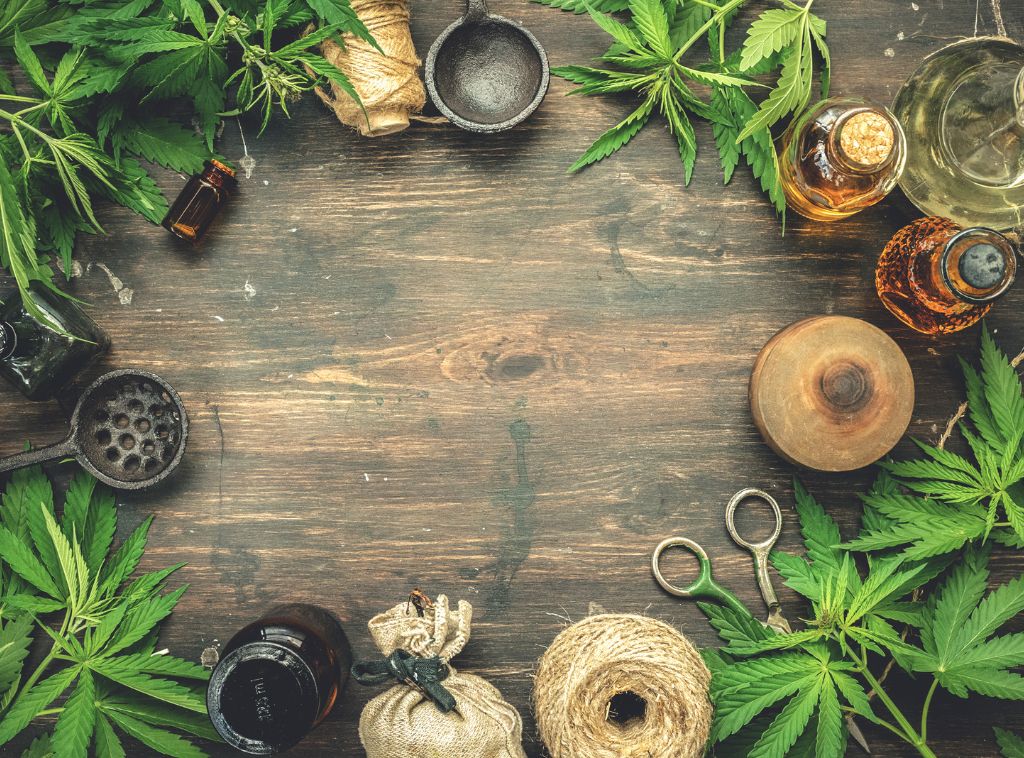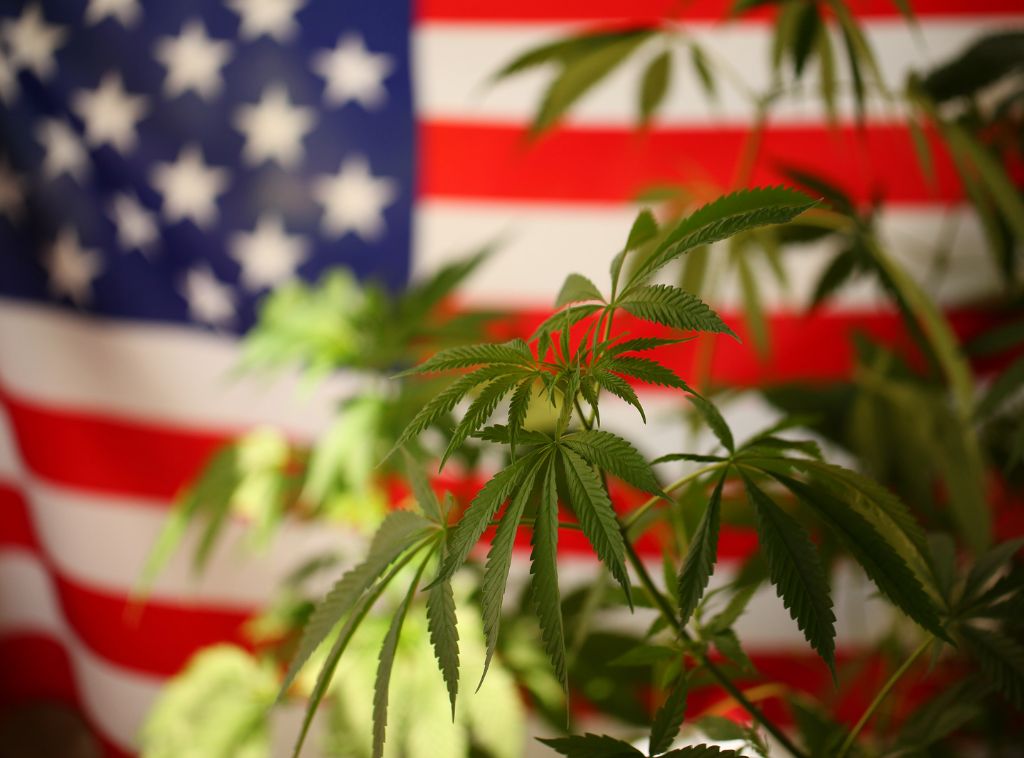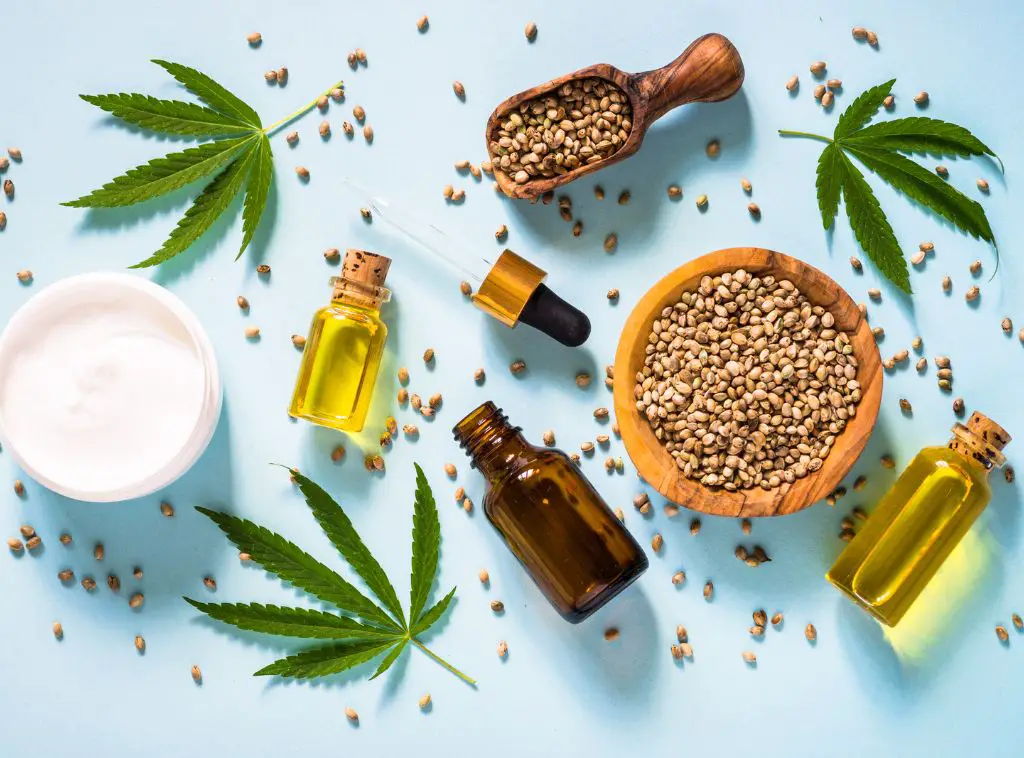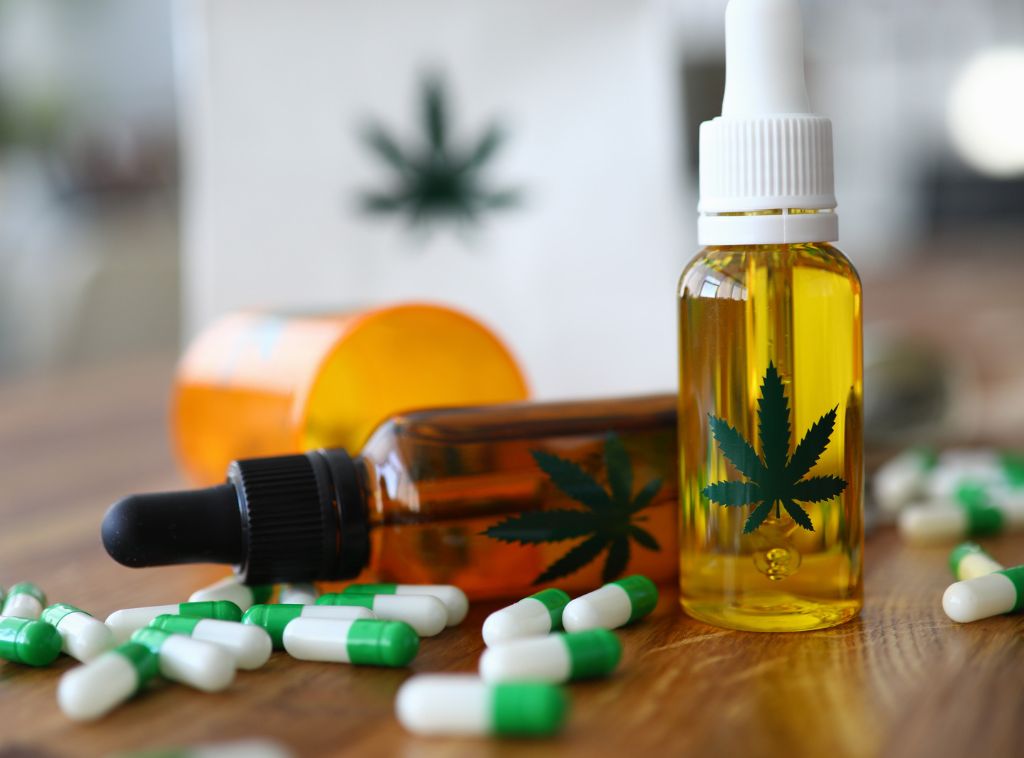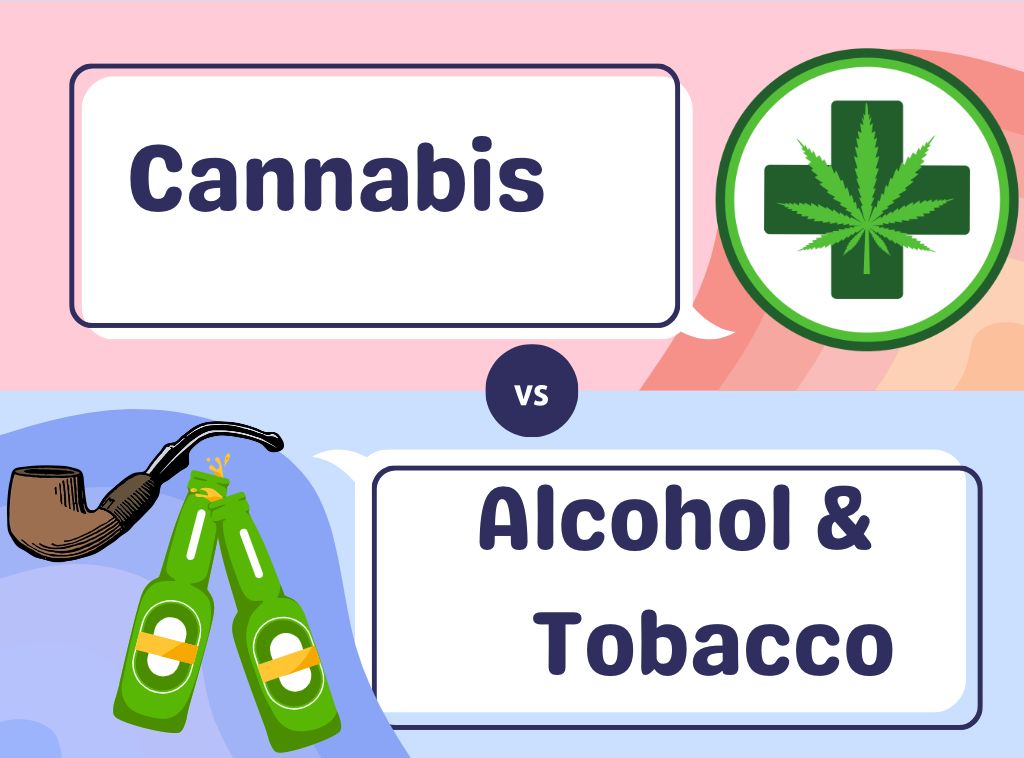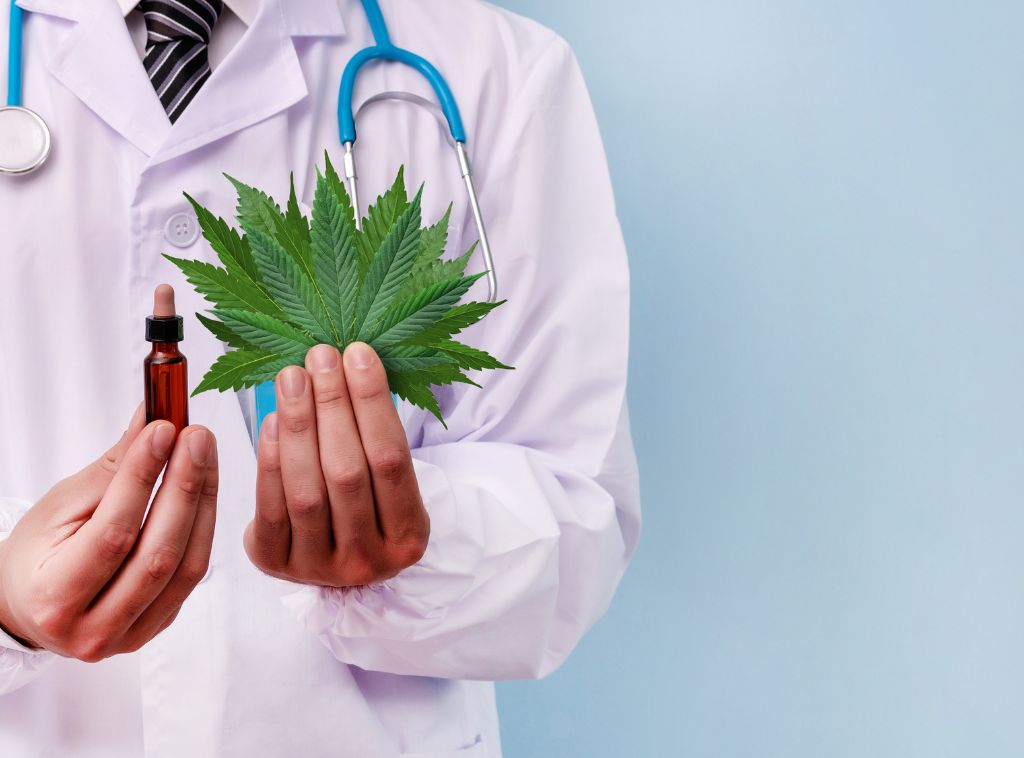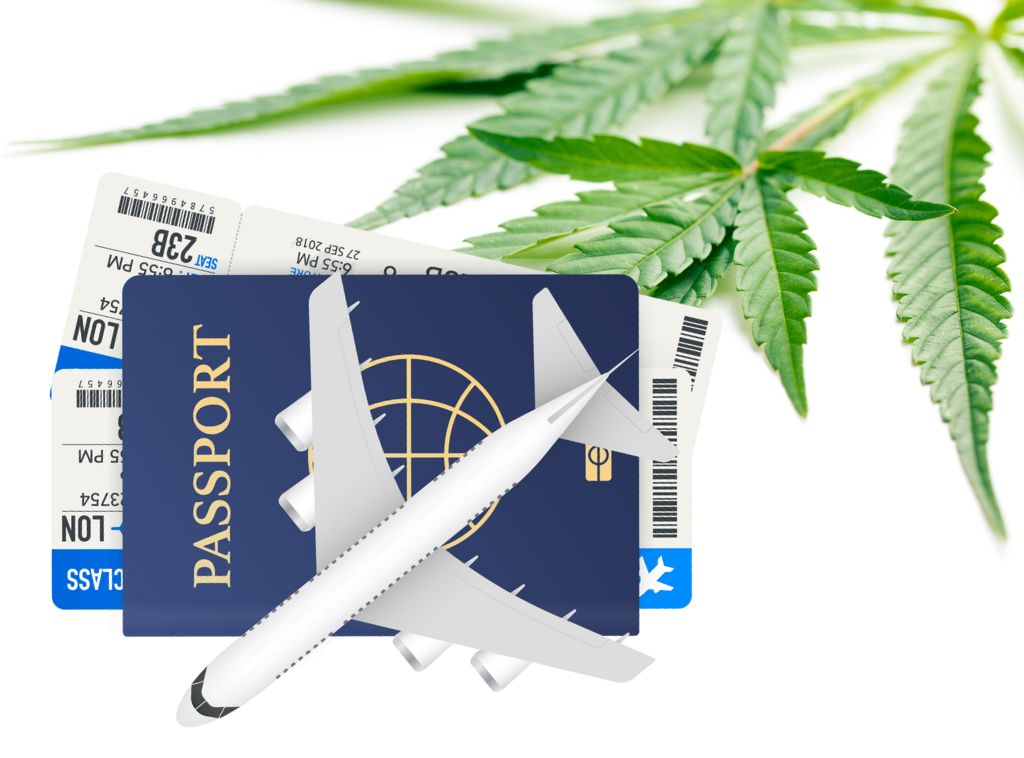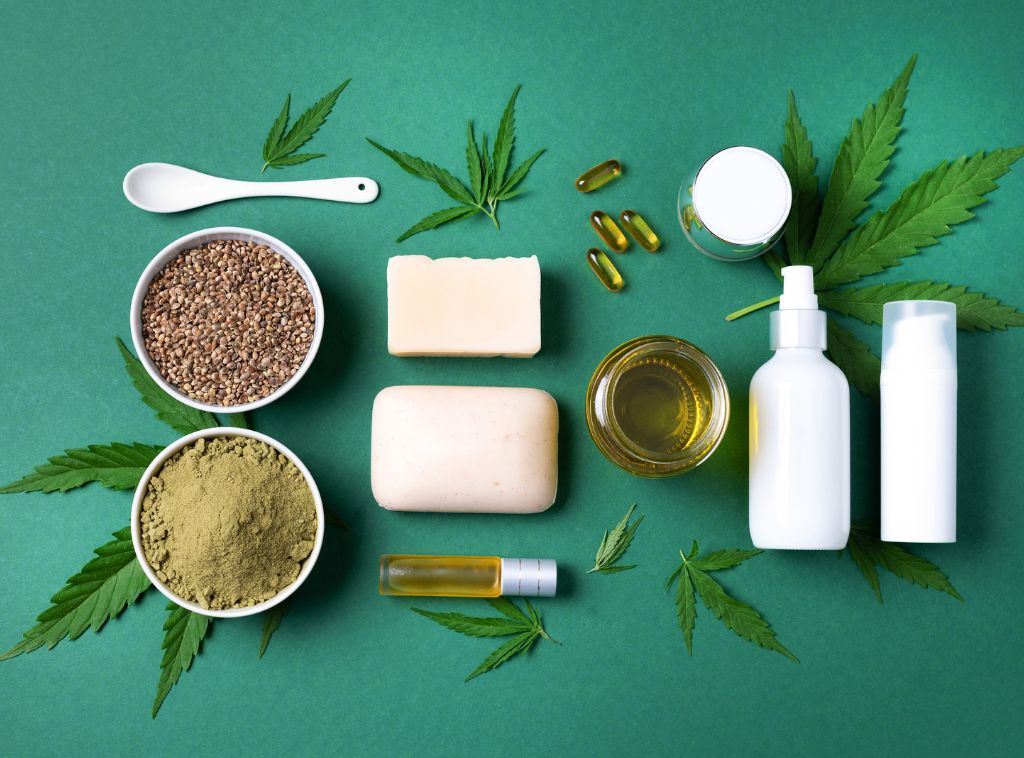Cannabis legalization is a complex issue with wide-ranging implications for society, the economy, and the environment. In recent years, the debate over cannabis legalization has gained significant momentum, as more and more countries and states have moved to legalize cannabis for medical and recreational use. Proponents of legalization argue that cannabis has numerous potential benefits, including pain relief, treatment for certain conditions, and reduced opioid overdose deaths. They also point to the potential for cannabis legalization to reduce arrests and incarceration for nonviolent drug offenses and to boost local economies through cannabis tourism. Additionally, legalizing and regulating cannabis production can have significant environmental benefits, including reducing illegal grows, promoting energy efficiency, conserving water, supporting soil health, and reducing packaging waste. Despite these potential benefits, however, there are also concerns about the potential risks of cannabis use, particularly for young people and vulnerable populations. As such, the issue of cannabis legalization remains a complex and contentious one that requires careful consideration of all the available evidence.
Why Cannabis Should Be Legalized
The history of cannabis prohibition and its racist roots
The prohibition of cannabis has a long and complex history that is intertwined with racism and social injustice. The demonization of cannabis in the early 20th century was largely fueled by a combination of racist stereotypes, political propaganda, and economic interests.
In the early 20th century, cannabis was widely used for medicinal purposes and was also a common ingredient in a variety of consumer products. However, its use became increasingly stigmatized as anti-immigrant sentiments grew and the fear of “foreign” substances became more prevalent.
One of the most influential figures in the campaign against cannabis was Harry J. Anslinger, who served as the first commissioner of the Federal Bureau of Narcotics (FBN) from 1930 to 1962. Anslinger was a vocal opponent of cannabis and used his position to spread false and exaggerated claims about its supposed dangers.
One of the most pernicious aspects of Anslinger’s campaign was his use of racist stereotypes to demonize cannabis and its users. He claimed that cannabis caused “insanity” and violence, and he associated its use with African Americans and Mexicans.
Anslinger’s campaign against cannabis gained momentum in the 1930s, and in 1937, Congress passed the Marijuana Tax Act, which effectively criminalized the possession and distribution of cannabis. The Act imposed a tax on cannabis sales, but it was so high that it effectively made the sale of cannabis prohibitively expensive.
The racist roots of cannabis prohibition are evident in the disproportionate impact that it has had on communities of color. Despite roughly equal rates of cannabis use across racial and ethnic groups, Black and Latinx people are far more likely to be arrested for cannabis offenses than White people. This has led to a system of mass incarceration that has devastated communities of color and perpetuated racial inequality.
In recent years, there has been a growing movement to decriminalize and legalize cannabis, in recognition of the racial injustices that have been perpetuated by its prohibition. While progress has been slow, there have been some significant victories, such as the legalization of cannabis for recreational use in several states, and the passage of the MORE Act in the US House of Representatives, which would remove cannabis from the list of federally controlled substances.
The current state of cannabis legalization in various countries and states
he legal status of cannabis varies widely across the world, with some countries and states legalizing it for medicinal and/or recreational use, while others maintain strict prohibition. Here is a closer look at the current state of cannabis legalization in various countries and states:
United States:
In the United States, cannabis remains illegal at the federal level, but many states have enacted their own laws legalizing cannabis for medicinal and/or recreational use. As of March 2023, 38 states and the District of Columbia have legalized medical cannabis, while 19 states and the District of Columbia have legalized cannabis for recreational use. However, there are still significant disparities in how cannabis is regulated across different states, with some states allowing home cultivation and others prohibiting it, and differences in tax rates and regulations.
Canada:
In Canada, cannabis was legalized for recreational use in 2018, making it the second country in the world (after Uruguay) to do so. The legal market for cannabis has grown rapidly, with thousands of licensed producers and retailers operating across the country. However, there have been some challenges in implementing legalization, including concerns about the quality and safety of cannabis products and the impact on public health and safety.
Uruguay:
Uruguay was the first country in the world to fully legalize cannabis, enacting a law in 2013 that legalized both medicinal and recreational use. The law allows individuals to grow up to six plants at home or join a collective to grow up to 99 plants. However, there have been some challenges with implementing the law, including concerns about the quality and safety of cannabis products and the impact on public health and safety.
Netherlands:
The Netherlands has long been known for its liberal approach to cannabis, with “coffee shops” where cannabis can be purchased and consumed openly. However, the sale and possession of cannabis are technically illegal under Dutch law, and the coffee shops operate under a system of tolerance rather than official legalization. The Netherlands has recently begun to explore ways to regulate the production and supply of cannabis in order to improve quality and safety.
Israel:
Israel has a long history of researching the medical benefits of cannabis, and in recent years has become a leader in cannabis research and development. In 2021, Israel legalized the use of cannabis for medicinal purposes, making it the third country in the world (after Canada and Uruguay) to fully legalize cannabis.
Australia:
In Australia, cannabis is legal for medicinal use, but remains illegal for recreational use. The laws surrounding cannabis vary across different states and territories, with some allowing for personal possession and cultivation, while others prohibit it.
The potential medical benefits of cannabis
Cannabis has been used for medicinal purposes for thousands of years, and in recent years, there has been growing interest in its potential therapeutic benefits. Here is a closer look at some of the potential medical benefits of cannabis:
Pain relief:
One of the most well-known medical benefits of cannabis is its ability to provide pain relief. Studies have shown that cannabis can be effective in treating chronic pain, neuropathic pain, and pain associated with certain conditions like multiple sclerosis and cancer. This is because cannabis contains compounds called cannabinoids, which can interact with the body’s endocannabinoid system to reduce inflammation and pain.
Treatment for neurological conditions:
Cannabis has also been shown to have potential benefits for neurological conditions like epilepsy and multiple sclerosis. The cannabinoid CBD (cannabidiol) has been shown to reduce the frequency and severity of seizures in people with epilepsy, and may also be helpful in managing symptoms of multiple sclerosis, such as muscle spasms and pain.
Treatment for mental health conditions:
Cannabis may also have potential benefits for mental health conditions like anxiety, depression, and PTSD. Some studies have shown that cannabis can help reduce symptoms of anxiety and depression, while others have suggested that it may be helpful in managing symptoms of PTSD by reducing fear and anxiety.
Anti-inflammatory properties:
Cannabis has also been shown to have anti-inflammatory properties, which may be helpful in treating conditions like arthritis, Crohn’s disease, and other inflammatory conditions. The cannabinoid THC (tetrahydrocannabinol) has been shown to reduce inflammation in the gut, while CBD may be helpful in reducing inflammation throughout the body.
Appetite stimulation:
Another potential medical benefit of cannabis is its ability to stimulate appetite, which may be helpful for people undergoing chemotherapy or suffering from certain conditions that cause appetite loss. The cannabinoid THC has been shown to stimulate appetite and reduce nausea in cancer patients undergoing chemotherapy, while also helping to relieve pain and improve sleep.
It is important to note that cannabis can also have potential risks and side effects, and should only be used under the guidance of a medical professional. Additionally, the legal status of cannabis can vary widely across different countries and states, which can make access to medical cannabis difficult for some patients.
The social justice implications of cannabis legalization
Cannabis legalization has significant social justice implications, particularly when it comes to reducing arrests and incarceration for nonviolent drug offenses. Here’s a closer look at how cannabis legalization can have a positive impact on social justice:
Racial disparities in drug arrests:
One of the most significant social justice implications of cannabis legalization is the potential to reduce racial disparities in drug arrests. For years, people of color have been disproportionately targeted and arrested for drug offenses, even though drug use rates are similar across different racial groups. Legalizing cannabis can help reduce the number of arrests for nonviolent drug offenses, which can help reduce racial disparities in the criminal justice system.
Reducing prison populations:
Cannabis legalization can also help reduce the number of people who are incarcerated for nonviolent drug offenses. This is particularly important given the overcrowding and inhumane conditions in many prisons. By reducing the number of people who are incarcerated for drug offenses, states can save money on corrections costs, which can be used to fund other important programs like education and healthcare.
Economic benefits:
Cannabis legalization can also have significant economic benefits, particularly in communities that have been disproportionately impacted by the war on drugs. Legalization can create new jobs and generate tax revenue, which can be used to fund important social programs. Additionally, legalizing cannabis can provide opportunities for people with prior drug convictions to enter the legal cannabis industry and start their own businesses.
Health benefits:
Legalizing cannabis can also have health benefits, particularly for people who use cannabis for medical purposes. When cannabis is legal, patients can access high-quality cannabis products that have been tested for safety and efficacy. Additionally, legalizing cannabis can help reduce the stigma associated with cannabis use, which can encourage more people to seek treatment for drug addiction and other substance use disorders.
The safety of cannabis compared to other legal substances like alcohol and tobacco
When it comes to the safety of cannabis compared to other legal substances like alcohol and tobacco, there are several factors to consider. Here is a closer look at some of the key issues:
Addiction potential:
While cannabis is not physically addictive in the same way that alcohol and tobacco are, it can be habit-forming for some people. However, the addiction potential of cannabis is generally considered to be lower than that of alcohol and tobacco.
Health risks:
All three substances have potential health risks when used in excess. Alcohol is associated with liver disease, heart disease, and some types of cancer, while tobacco use is linked to lung cancer, heart disease, and other health problems. Cannabis use has been associated with respiratory problems and can impair cognitive function, but the long-term health effects of cannabis use are still not fully understood.
Overdose risk:
Unlike alcohol and tobacco, it is virtually impossible to overdose on cannabis. While it is possible to consume too much cannabis and experience uncomfortable side effects like anxiety and paranoia, there is no known lethal dose of cannabis.
Impaired driving:
All three substances can impair driving ability, but the effects of cannabis on driving are still not fully understood. However, research suggests that cannabis impairs driving ability to a lesser extent than alcohol, and that the effects of cannabis on driving ability may be more pronounced in inexperienced users.
Legal status:
One of the key differences between cannabis, alcohol, and tobacco is their legal status. Alcohol and tobacco are both legal for adults to purchase and use, while cannabis is illegal in many parts of the world. This can make it more difficult for people to access cannabis products that have been tested for safety and quality, and can also make it more difficult for researchers to study the effects of cannabis use.
The potential for cannabis to replace more harmful drugs as a treatment for addiction
Cannabis has been touted as a potential treatment for addiction to more harmful drugs like opioids, alcohol, and cocaine. Here’s a closer look at the potential for cannabis to replace more harmful drugs as a treatment for addiction:
Pain management:
One of the key ways that cannabis could be used to treat addiction is by helping people manage pain. Many people who become addicted to opioids or other drugs do so as a way to manage chronic pain. Cannabis can help manage pain without the risk of addiction and overdose that comes with opioids.
Withdrawal symptoms:
Cannabis may also help manage withdrawal symptoms for people who are trying to quit using more harmful drugs. Withdrawal symptoms can be one of the biggest barriers to recovery for people who are addicted to opioids, alcohol, or other drugs. Cannabis may be able to help ease withdrawal symptoms and make it easier for people to stay sober.
Cravings:
Cannabis may also help reduce cravings for drugs like opioids and cocaine. When people stop using these drugs, they may experience intense cravings that can make it difficult to stay sober. Cannabis may be able to help reduce these cravings and make it easier for people to resist the urge to use drugs again.
Harm reduction:
Another potential benefit of using cannabis as a treatment for addiction is harm reduction. Even if people are not able to quit using drugs altogether, using cannabis instead of opioids or other more harmful drugs can reduce the risk of overdose and other negative consequences associated with drug use.
Side effects:
Finally, cannabis may have fewer side effects than other drugs that are commonly used to treat addiction. For example, drugs like methadone and buprenorphine, which are used to treat opioid addiction, can have significant side effects like nausea, vomiting, and constipation. Cannabis, on the other hand, has relatively mild side effects and is generally well-tolerated.
More research is needed to fully understand the potential for cannabis to replace more harmful drugs as a treatment for addiction, there are several promising avenues for exploration. Cannabis may be able to help manage pain, ease withdrawal symptoms, reduce cravings, and provide harm reduction for people who are struggling with addiction. It is important for policymakers and healthcare providers to consider the potential benefits of cannabis as a treatment for addiction and to explore ways to make it more widely available to people who could benefit from it.
The environmental benefits of legalizing and regulating cannabis production
Legalizing and regulating cannabis production can have significant environmental benefits. Here’s a closer look at some of the ways that legalizing and regulating cannabis production can help protect the environment:
Reduction of illegal grows:
One of the most significant environmental benefits of legalizing and regulating cannabis production is the reduction of illegal grows. Illegal cannabis grows can have a devastating impact on the environment, including soil erosion, water pollution, and destruction of wildlife habitat. Legalizing and regulating cannabis production can help ensure that cannabis is grown in a way that minimizes its impact on the environment.
Energy efficiency:
Legalizing and regulating cannabis production can also encourage energy efficiency. Indoor cannabis grows require significant amounts of energy for lighting, heating, and cooling. By regulating cannabis production, governments can encourage growers to adopt more energy-efficient practices, such as using LED lighting and renewable energy sources like solar power.
Water conservation:
Cannabis plants require significant amounts of water to grow, which can be a strain on water resources in areas with limited water supplies. Regulating cannabis production can help ensure that growers use water efficiently and take steps to conserve water. For example, growers can use drip irrigation systems and collect rainwater to reduce their water usage.
Soil health:
Cannabis plants are known for their ability to remediate contaminated soil. By legalizing and regulating cannabis production, governments can encourage growers to remediate contaminated soil and restore soil health. This can have significant environmental benefits, including reducing soil erosion, improving water quality, and supporting biodiversity.
Reduced packaging waste:
Legalizing and regulating cannabis production can also help reduce packaging waste. In many jurisdictions where cannabis is illegal, cannabis is sold in plastic bags or other packaging that is not recyclable. By regulating cannabis production, governments can require growers and retailers to use environmentally friendly packaging that is recyclable or biodegradable.
The potential for cannabis tourism to boost local economies
Cannabis tourism is a growing trend that involves traveling to destinations where cannabis is legal and readily available. The potential for cannabis tourism to boost local economies is significant, as it can create new jobs, increase tax revenue, and stimulate economic growth. Here’s a closer look at the potential for cannabis tourism to boost local economies:
Job creation:
Cannabis tourism can create new job opportunities in a variety of industries, including hospitality, tourism, and retail. New cannabis dispensaries and smoking lounges can create jobs for budtenders, growers, and other professionals. Additionally, cannabis tourism can create jobs in other industries, such as transportation, food service, and entertainment.
Increased tax revenue:
Cannabis tourism can also increase tax revenue for local governments. Taxes on cannabis sales can generate significant revenue for local governments, which can be used to fund public services and infrastructure projects. Additionally, cannabis tourism can generate tax revenue from hotel stays, restaurant meals, and other tourist activities.
Economic stimulation:
Cannabis tourism can stimulate economic growth in local communities. Tourists who travel for cannabis-related activities are likely to spend money on other local businesses, such as restaurants, bars, and shops. This can help support the local economy and create a ripple effect that benefits other industries.
Destination marketing:
Cannabis tourism can also help promote destinations and attract new visitors. Cannabis tourism is a unique niche that can set a destination apart from others and attract visitors who may not have otherwise considered visiting. This can help diversify a destination’s tourism industry and attract new visitors.
Product innovation:
Finally, cannabis tourism can stimulate product innovation and entrepreneurship. New businesses can emerge to cater to the unique needs of cannabis tourists, such as cannabis-friendly hotels, restaurants, and tours. This can create new opportunities for entrepreneurs and small businesses to thrive.
In conclusion, the debate over cannabis legalization is multifaceted and involves numerous considerations, including medical benefits, social justice implications, safety concerns, economic impacts, and environmental sustainability. While there is still much to be learned about the effects of cannabis use and legalization, it is clear that the potential benefits of legalization are significant. By legalizing and regulating cannabis production, governments can reduce the harms associated with the black market, create new job opportunities, increase tax revenue, and stimulate economic growth. Additionally, legalization can reduce the harms associated with the criminal justice system and provide a pathway towards greater social justice. While there are certainly risks associated with cannabis use, it is important to weigh these risks against the potential benefits, and to approach the issue of cannabis legalization with an open mind and a commitment to evidence-based policy making. As more countries and states continue to move towards legalization, the ongoing research into the effects of cannabis use and legalization will be critical in shaping the future of this rapidly evolving issue.
What is your take on this? Should it be legalized or not? Do you think the benefits outweighs the potential harm?

